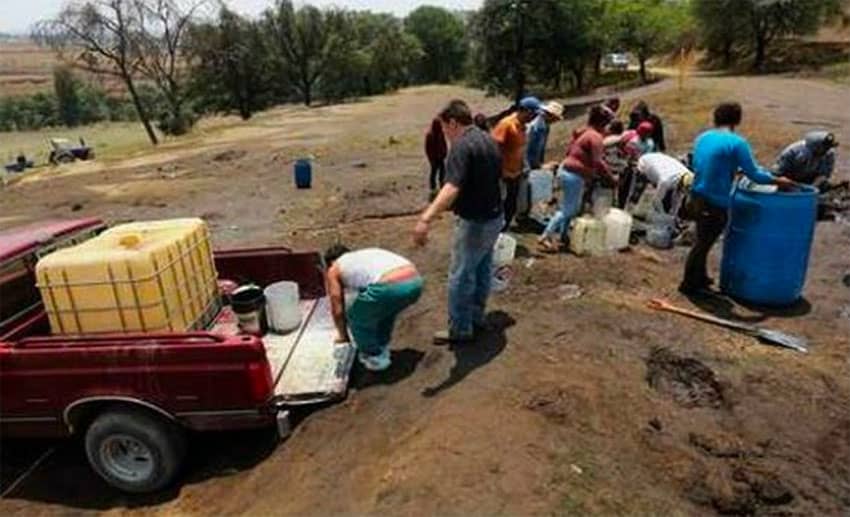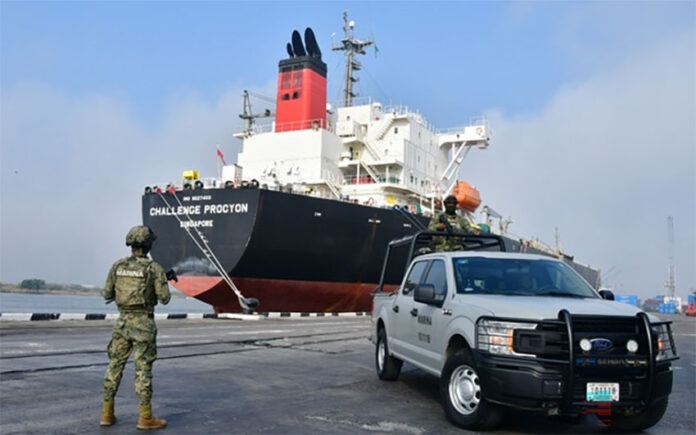Mexico’s Treasury was deprived of roughly US $24 million dollars a day last year due to fuel smuggling and theft, according to a new report.
PetroIntelligence, a Mexican company that provides market intelligence and consulting services for the gasoline and transportation sector, estimates that Mexico lost more than 177 billion pesos in potential taxes.

The figure represents approximately 44% of all taxes collected from gasoline and diesel sales in Mexico in 2024.
Combined with the nearly US $900,000 in daily losses due to fuel theft reported by state oil company Pemex, the country’s crime-fighters have their work cut out for them.
Tax evasion on a massive scale
Perhaps best known for its app that allows motorists to compare fuel prices or report shortages, price-gouging and incomplete liters, PetroIntelligence also provides analysis to oil industry participants.
The data about the lost taxes was published in a February PetroIntelligence report entitled “Analysis of potential tax collection from fiscal contraband.”
The calculations were based on an estimate by Mexico’s Tax Administration Service (SAT) that contraband fuel makes up 30% of total fuel sales.
The tax evasion primarily occurs via the smuggling of contraband fuel from the United States, PetroIntelligence reported. The fuel stolen from Pemex pipelines is typically sold on the black market or sold at low prices, the latter of which allows some taxes to be collected.
The fight against huachicoleo
Fuel theft — popularly known as “huachicoleo” in Mexico — has been a persistent problem for Pemex, but it spiked in the past 15 years as organized crime became more deeply involved.
Fuel smuggling has become known as “huachicoleo fiscal” and has been on the rise in recent years even as former President Andrés Manuel López Obrador (2018-2024) said his administration was stepping up enforcement against the illegal practices.
López Obrador claimed his administration had practically eliminated fuel theft, but critics have questioned the legitimacy of the government’s fight against fuel theft and smuggling. Their accusations were boosted by the seizure of 18 million liters of contraband fuel in two separate operations last month.
Navy seizes over 17 million liters of stolen fuel in double ‘huachicol’ busts
The two big busts — the first in Ensenada, Baja California, on March 26 and the second in Altamira, Tamaulipas, on March 31 — occurred nearly two months after President Claudia Sheinbaum said she was ratcheting up the fight against fuel thieves.
The joint operation carried out by the Navy, the Federal Attorney General’s Office and the Security Ministry reportedly uncovered details of the illegal operations that implicate the notorious Jalisco New Generation Cartel.
Mexico’s Naval Intelligence Unit identified two other ports — Tampico, Tamaulipas, and Guaymas, Sonora — as centers of a fuel smuggling scheme that likely includes importers, exporters, port authorities and customs officials.
With reports from El Economista and PetroIntelligence
